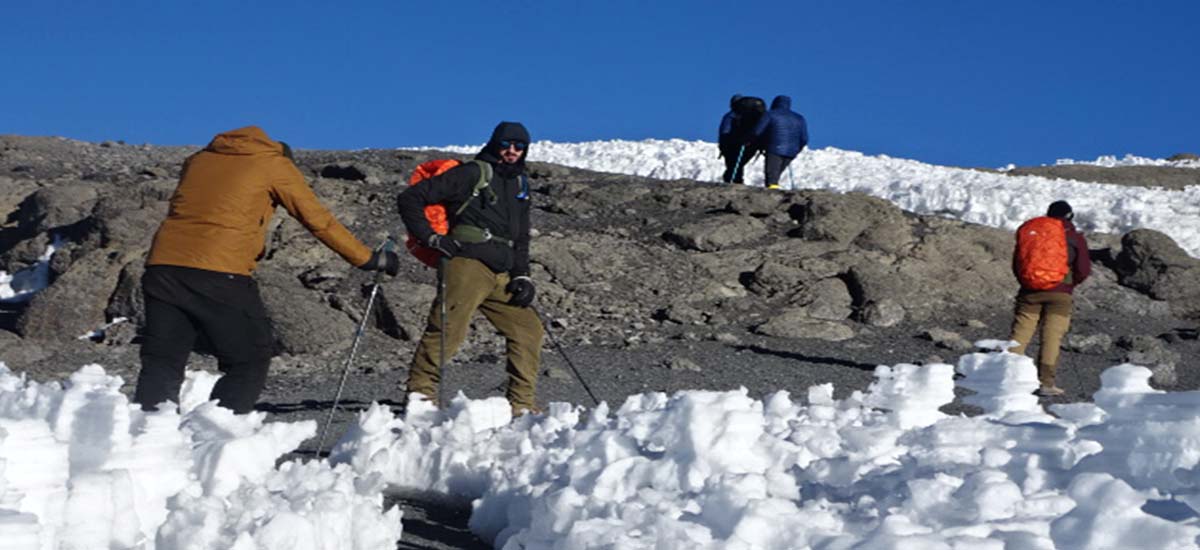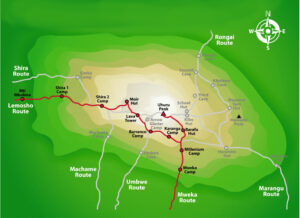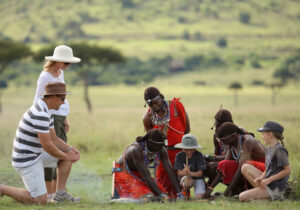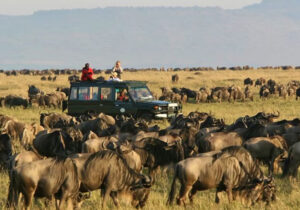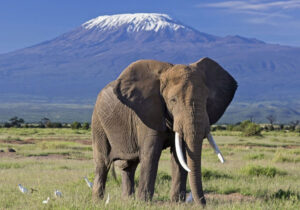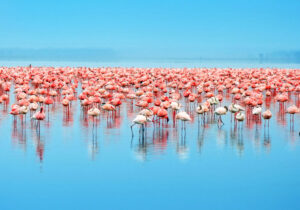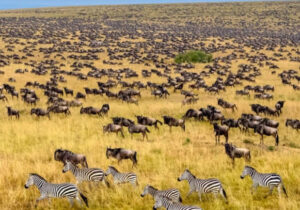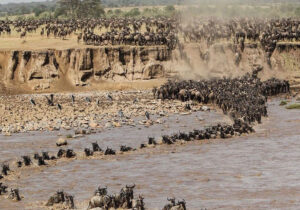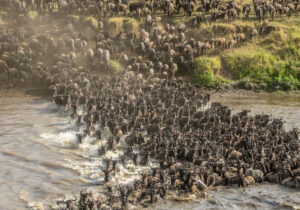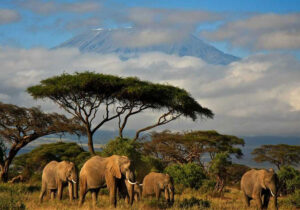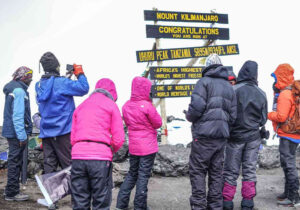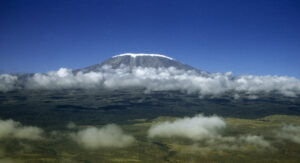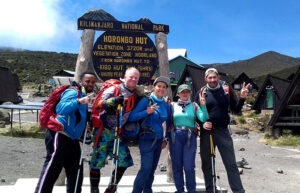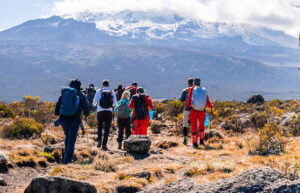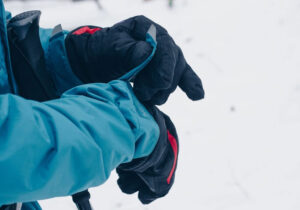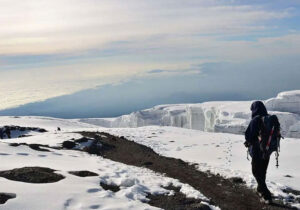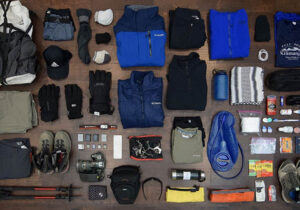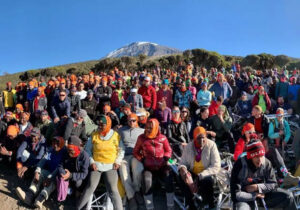Fitness Level Required to Climb Kilimanjaro Successfully
Climbing Mount Kilimanjaro is a physically demanding adventure, but it’s not necessarily about having peak athletic fitness. Instead, it’s about being in good general health, having some endurance, and preparing mentally and physically for the challenges of high-altitude trekking. Here’s what you need to know about the fitness level required for a successful climb.
1. General Fitness Level
Climbing Kilimanjaro requires a moderate level of fitness. While you don’t need to be a professional athlete, you should be comfortable with long days of trekking over varied terrain. It’s essential to build your cardiovascular endurance and leg strength in preparation for the climb. This means being able to walk for several hours on rough, uneven terrain without getting overly fatigued.
-
Endurance: The average daily trek is about 5 to 8 hours of walking. You should be comfortable with continuous activity over long periods.
-
Leg Strength: Ascending the mountain requires strong legs, especially for the steep sections on the higher altitudes.
2. Preparing for Kilimanjaro
-
Cardio: Start by including cardio workouts into your routine, such as running, hiking, cycling, or swimming. Aim for at least 3-4 cardio sessions a week leading up to your climb.
-
Hiking: The best preparation for climbing Kilimanjaro is hiking. Choose hikes with varying terrain and increasing elevation to simulate the conditions you’ll face on the mountain.
-
Strength Training: Incorporate leg exercises like squats, lunges, and step-ups to build strength in your quads, hamstrings, and calves. Core exercises will also help with balance and stability during the trek.
3. Mental Fitness
Beyond physical fitness, mental toughness plays a crucial role in successfully summiting Kilimanjaro. The climb can be long, strenuous, and mentally exhausting, especially at higher altitudes. Having a positive mindset, the ability to push through discomfort, and a willingness to take it slow are all key factors in reaching the summit.
4. Know Your Limits
The key to success is knowing when to take breaks and listening to your body. If you’re not physically fit enough to handle the trek, it could lead to exhaustion or injury, which might prevent you from summiting.
If you’re unsure about your fitness level or need more tailored advice, Kiriwe Travel can offer fitness training recommendations and help you assess your readiness for the climb

